
Causes of Elephantiasis
In parasitic form of the disease lymphatic obstruction is caused by certain parasites such as Brugia malayi or Brugia timori and Wuchereria bancrofti. Non-parasitic elephantiasis is not related to parasitic infection. It affects some African nations and is believed to be caused by prolonged exposure to specific irritants.
Symptoms of Elephantiasis
The leading sign of the disease is abnormal enlargement of the affected part of the body. The skin above the edematous body part is thick and it can be additionally affected by ulcerations. The patient may complain about the pain in the affected area and in some cases the patients can suffer from increased body temperature. The swelling develops gradually and only when it starts bothering the patient significantly he or she comes to the doctor.
Treatment for Elephantiasis
The cornerstone of the treatment are medications which will eradicate the parasite and its larvae. The most prescribed medications include albendazole and diethylcarbamazine. These antiparasitic medications are highly effective. In Sub-Saharan Africa where parasitic infestations are rather common patients are given a combination of albendazole and ivermectin. Ivermectin is efficient against larvae while its effectiveness against adult worms has not been completely proved. All of these medications have numerous side effects including increase in body temperature, pain in muscles and headaches.
Diethylcarbamazine is very effective in reduction of the enlarged lymph nodes. Still, since it can lead to severe allergic reactions diethylcarbamazine is commonly prescribed with steroids and antihistamine medications. This way the allergic reactions can be successfully avoided. And finally, even doxycycline, which belongs to a group of tetracycline antibiotics, can be effective in treatment of elephantiasis.
If elephantiasis is not caused by parasites the person should prevent the exposure to chemical irritants with proper clothes and shoes. In addition, elastic bandages can be of help in reduction of the swelling.
Adequate hygiene of the affected area may prevent secondary skin infections. The skin should be washed with soap and water. In some cases, surgery can eliminate the swelling. This refers to elephantiasis of the scrotum, while other body parts such as the trunk or limbs cannot be treated surgically.


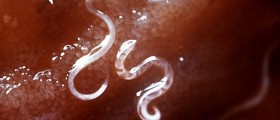
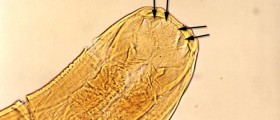

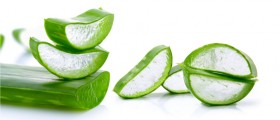
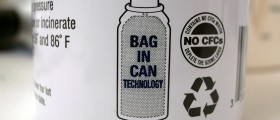

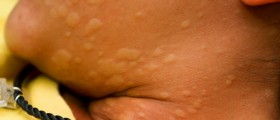
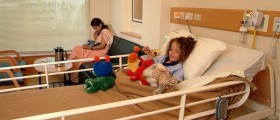


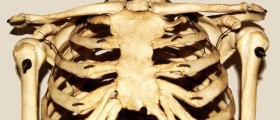

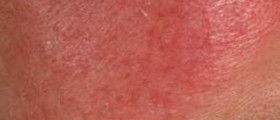


Your thoughts on this
Loading...